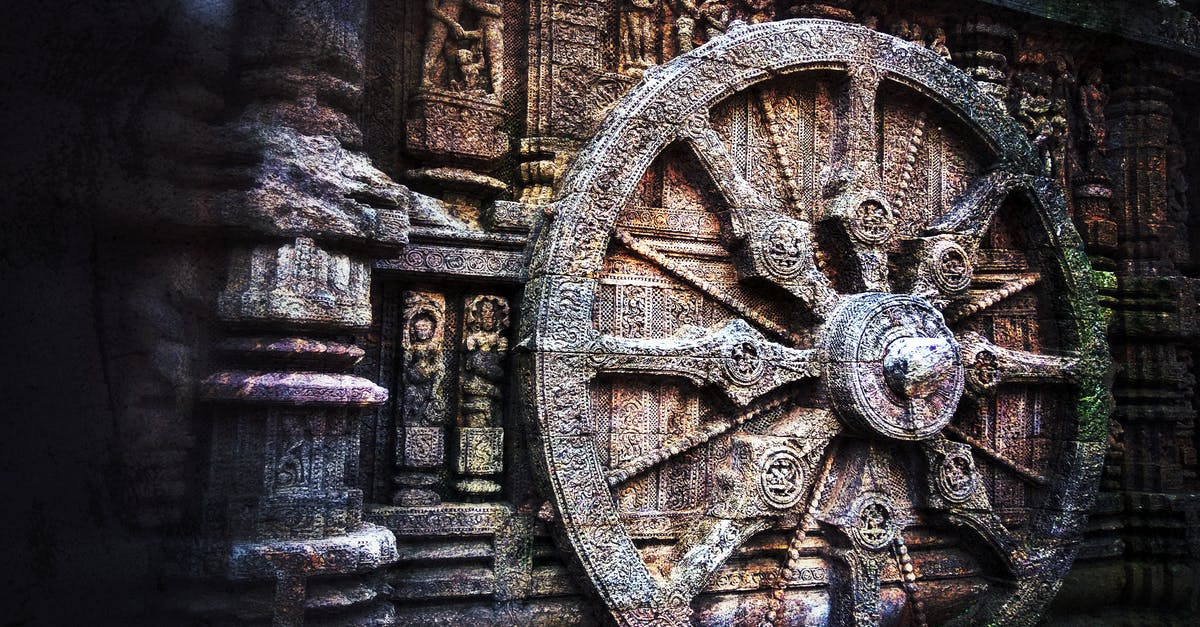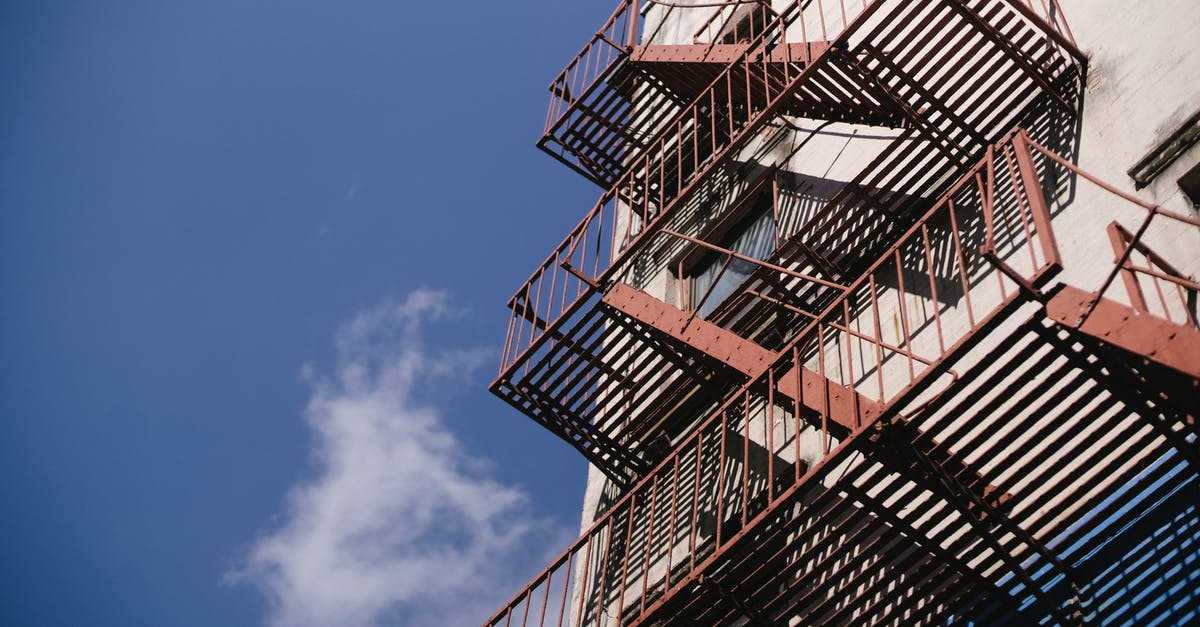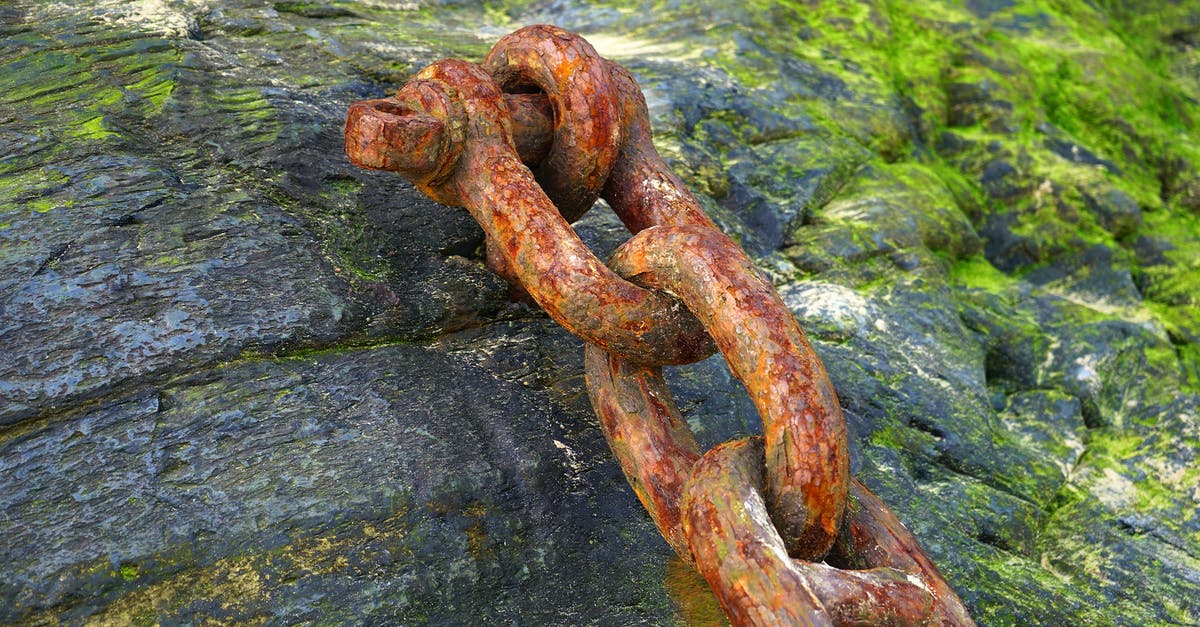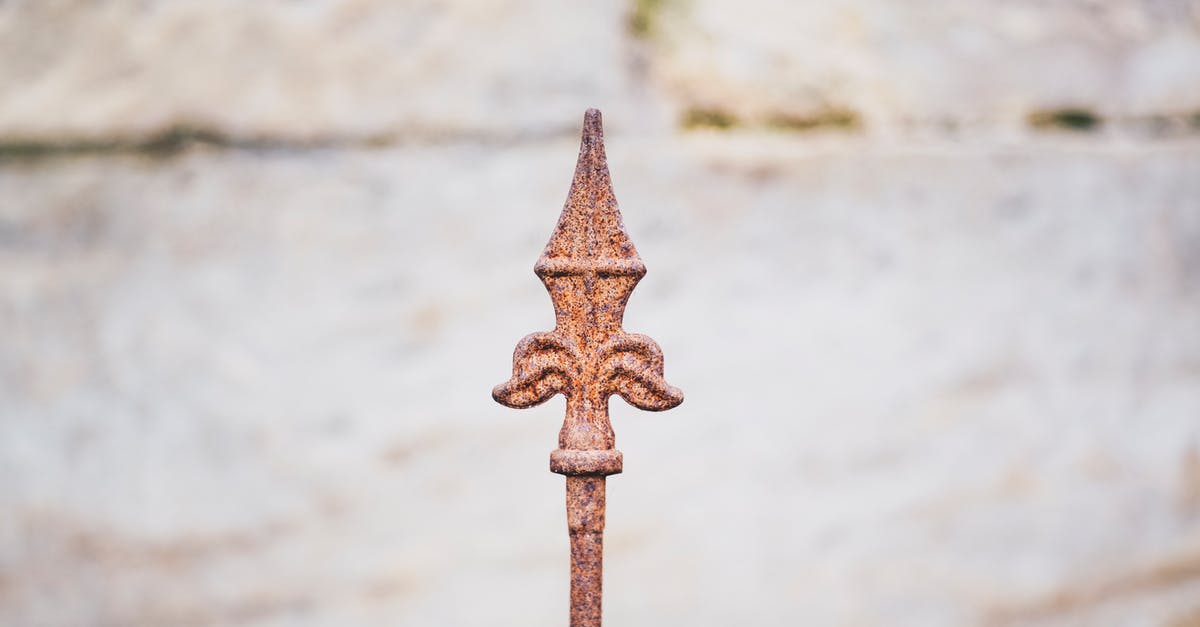Stone or iron mortar?

I need to buy a mortar. Should I get a stone (granite, marble, etc) or an iron one?
What pros and cons are there?
Best Answer
Stone is a much worse heat conductor than iron. It warms much slower from vigorous pounding than iron, and actually cools whatever is being ground. This is often desirable, as you don't want to warm whatever you are grinding - some spices contain fats which are viscous or solid at room temperature, but get liquid somewhat above it, so they would be seeping their aroma and converting to a paste if warmed while ground.
Another argument for stone will be the smooth surface. Seasoned iron isn't as smooth as marble or granite can be polished, and if left unseasoned, you will need to remove rust from time to time (another problem of iron which harwig already pointed out), disturbing the surface. The mortar surface should be as smooth as possible.
Also, the stone will require no maintenance apart from washing. Iron will have to be kept from rusting, so you'll have to season it. The grinding action will probably slowly eat away the seasoning layer, so you'll have to reapply it periodically, which is lots of work (well, the complete stripping first is what makes it lots of work, seasoning not so much). But if you use your mortar as seldom as I do, this shouldn't be a problem.
On the other hand, iron's density is about 3 times higher than marble or granite, resulting in a much heavier pestle. While this means some more fatigue for you, it will result in a better grinding result.
Another problem with stone is that it can crack if you happen to drop it on the floor. Luckily, a mortar is not easily dislodged from the counter, and granite breaks nowhere as easily as earthenware, but the chance exists. If you get stone, don't go for the tulip-on-a-stem shapes. While it may be convenient to grip the stem, it is also a weak point.
You must also consider possible chemical reactions. Granite won't be a problem, but marble is acid sensitive. So making a pesto with lots of lemon juice is probably a bad idea in marble. It won't cause a comic-book like Chinese syndrome, but it will attack the surface, making it less smooth. Seasoned iron has some acid resistance, but strong acids are bad for it too.
To me, the "tradition" argument isn't very strong. People have used abacuses for thousands of years, but I prefer a TI-42 simulator when I have to make a calculation too complicated for my brain. Both iron and stone will work. And as harwig says, aesthetics are individual - not that I need much of that in kitchen implements.
Pictures about "Stone or iron mortar?"



What is the best material for a mortar?
For general use, the best option would be to get one made from a solid stone material like granite or marble. These stone mortars and pestles will use their heavy weight to break down the ingredients and they will also be able to withstand years of pounding and grinding without needing to ever replace it.Which material is best for mortar and pestle?
Material: Mortar and pestles come in granite, marble or stainless steel. We found that stone mortars with abrasive interiors, like those made from granite or rough-hewn marble, to be the most effective. Style: Mortar and pestles are essentially a sturdy bowl and pounding tool and can range in depth and length.Is cast iron mortar and pestle good?
Cast iron is a great material for mortars & pestles with its density and longevity.What is a stone mortar?
The mortar is a durable bowl commonly made of stone, ceramic, or wood. The pestle is a rounded grinding club often made of the same material as the mortar.How to Pick the Best Mortar and Pestle | Serious Eats
More answers regarding stone or iron mortar?
Answer 2
I have never used an iron mortar before, so I can't speak directly about it. I would imagine that one of the cons would be oxidation / rust. Obviously you don't want to have rust ground up with whatever spices, herbs, etc that you're grinding. Proper maintenance could alleviate this issue though.
For me, stone mortars are more traditional. If people have been using rocks to grind things up for thousands of years, something's obviously working for them. Why fix it if it isn't broken?
Another thing to consider is the aesthetic quality of the mortar. I like the look of marble, but you should find one that fits your style.
Answer 3
I've been using a ceramic mortar for years. I tried a marble one that I was given, and it was poor compared to the one I have. I've used an iron one, and it was worse than the marble one.
One big tip with using a mortar - they work best if you only put a little material in at a time. If the mortar is a quarter full, that's too much stuff to grind easily. Work on a couple of teaspoons at a time and you get powder. More than that, and it is just a mess ...
Answer 4
Nobody before mentioned this: wood, ceramic, and stone (be it granite, basalt, or marble, at least - I saw once an agate mortar and there I don't know) are porous. That means flavors seeping in and out and the possibility of bacteria and mold growth. That may or may not be an issue on an iron mortar, depending on the finishing of its well. So the seasoning need is not really an argument, for you have to give either kind that sealing coat.
There are other materials that don't have that particular drawback nor the rusting, but they have some of their own: porcelain / glazed ceramic is much more fragile in both that it can break and the glazing chip off or crack, and I have yet to come across a stainless steel mortar that isn't hollow, and they seem to easily dent, bump, or might even crack too.
Answer 5
I use a Coors ceramic mortar and pestle in the kitchen myself. Iron seems like a poor choice, what with rust and all. If you go with stone, pay particular attention to the fit between pestle and mortar. There are a lot of poorly made units out there that'll turn a one minute grinding task into a five minute chore.
Answer 6
Resin…
Looks like stone, weighs [at least] as much as stone, keeps cool like stone, totally non-porous surface.
Inner surface can be totally smooth or slightly roughened, just like stone.
No rust, no absorption, can go in the dishwasher [though I don't with mine] or washed with regular dish soap.
Mine must be 20 years old now & still looks like new.
Sources: Stack Exchange - This article follows the attribution requirements of Stack Exchange and is licensed under CC BY-SA 3.0.
Images: Navneet Shanu, Tim Samuel, Mike B, Markus Spiske
